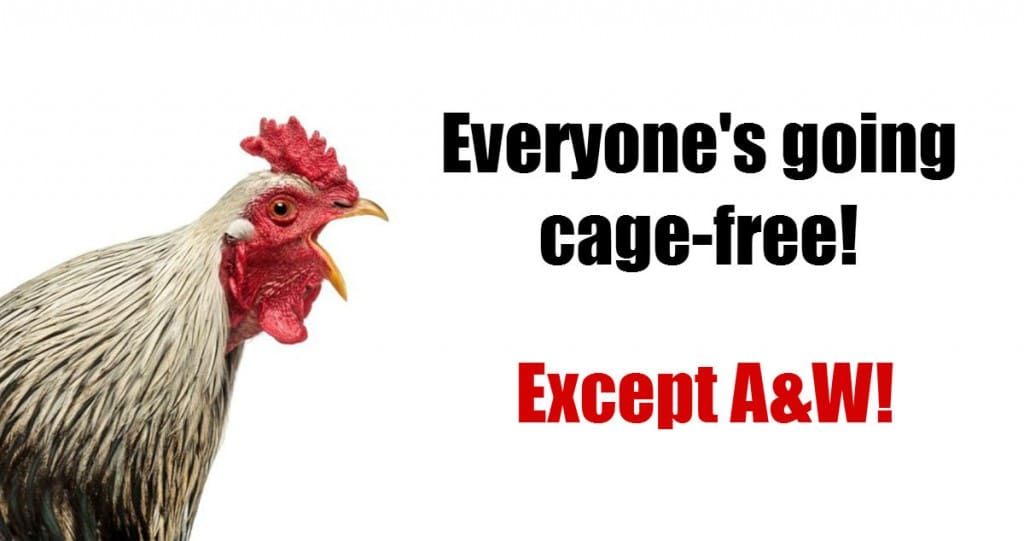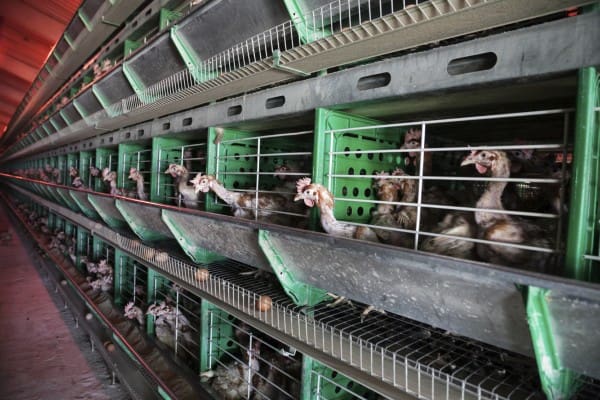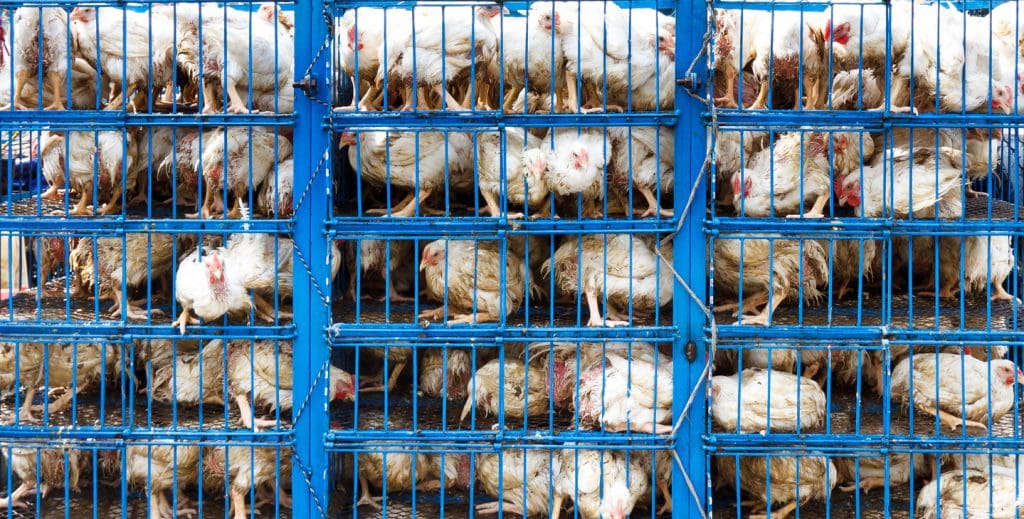
Please speak out for animals facing long journeys of preventable suffering by submitting your views to the government’s consultation on farmed animal transport
The trial of Ontario animal activist Anita Krajnc, who faces jail time for giving water to pigs being transported to slaughter in hot weather, caught the attention of the world’s media last year. It also brought attention to the suffering of millions of farmed animals routinely transported throughout Canada.
More stories of animal suffering during transport are emerging. The Vancouver Sun recently revealed the deaths of 27 pigs being trucked from Alberta to Vancouver for slaughter in sub-zero winter weather. A necropsy on some of the dead pigs found that “environmental challenges” during the trip affected the pigs’ ability to regulate their body temperature and they died of “cardiopulmonary failure.”
Such stories are not rare. About 700 million farmed animals undergo transport every year in Canada, 14 million of whom become sick or injured in the process and 1.5 million die en route.
Now the Canadian Food Inspection Agency (CFIA) is proposing new animal transport regulations and is asking for feedback on the proposals. This is your chance to speak up for pigs, chickens, cows and other animals who endure journeys of confinement, deprivation and exposure to Canada’s harsh climate.
VHS has responded to the CFIA proposals, with a submission outlining our concerns. If you share our concerns please feel free to use our submission as a guide in providing your own, unique feedback. It’s crucial that your submission be personalized and not identical to ours, as any identical submissions will all be counted as one submission.
The CFIA’s proposed amendments to the regulations concerning animal transport fall far short of protecting animals from suffering. They also fall short of the expectations of Canadians. A 2016 poll found that 97 per cent of Canadians surveyed believe the country’s transport regulations must be updated to ensure farmed animals are transported in a safe and humane manner.
Please take a few minutes to read our submission and send your own personalized submission to the CFIA, based on the main issues listed below.
Long transport times:
The proposed length of time farmed animals can be transported for without access to food, water and rest is still far too long. Did you know that they are recommending that spent hens can endure 24 hours of transportation after they have spent up to 1 ½ years in cruel battery cages and are suffering from painful weakened bones, feather loss and other serious health issues?
Canada should follow the lead of the European Union and apply an 8 hour transport maximum for all species; including spent hens and cull dairy cows.
Transport trucks:
Poor ventilation and exposure to extreme weather can cause significant suffering, injury and death for animals being transported.
Transport trucks should be required to have temperature-controlled systems.
Space requirements:
The proposed regulations don’t provide specific space requirements for animals during transport. On average, transporters pack between seven and 16 chickens into each .5 m² crate, and there may be as many as 11,000 chickens on one truck.
Canada should follow the lead of the European Union and outline specific space requirements in order to prevent overcrowding.
Handling techniques:
Carrying animals by their legs, wings and head, as well as the use of electric prods is still allowed under the proposed regulations. Such handling methods should be banned and animals should only be handled in a low-stress and calm way.
Tusk removal:
The process of cutting the teeth of boars (de-tusking) without the use of painkillers should be banned. Instead, boars should be transported separately, as is done in the European Union.
Driver training:
Transport companies and drivers should be certified by a third party. Certification should include training focused on animal welfare, appropriate handling methods and special considerations for driving live animals.
Record-keeping:
Transport records are currently based on the “honour system”. CFIA inspection records reveal some drivers are completely unaware of how many animals they are transporting, even though the regulations require they keep a record.
Electronic systems that can confirm details like travel times, temperatures, speeds, distances, opening/closing of loading door should be required.
Enforcing regulations:
Improved regulations are important, but in order to be effective they must be well-enforced and violations must result in appropriate penalties. Anything less allows penalties to become simply a cost of doing business.
For example, transporting animals who are unable to stand in their natural position is considered a “minor” violation.
There should be a zero tolerance policy for animal welfare violations.

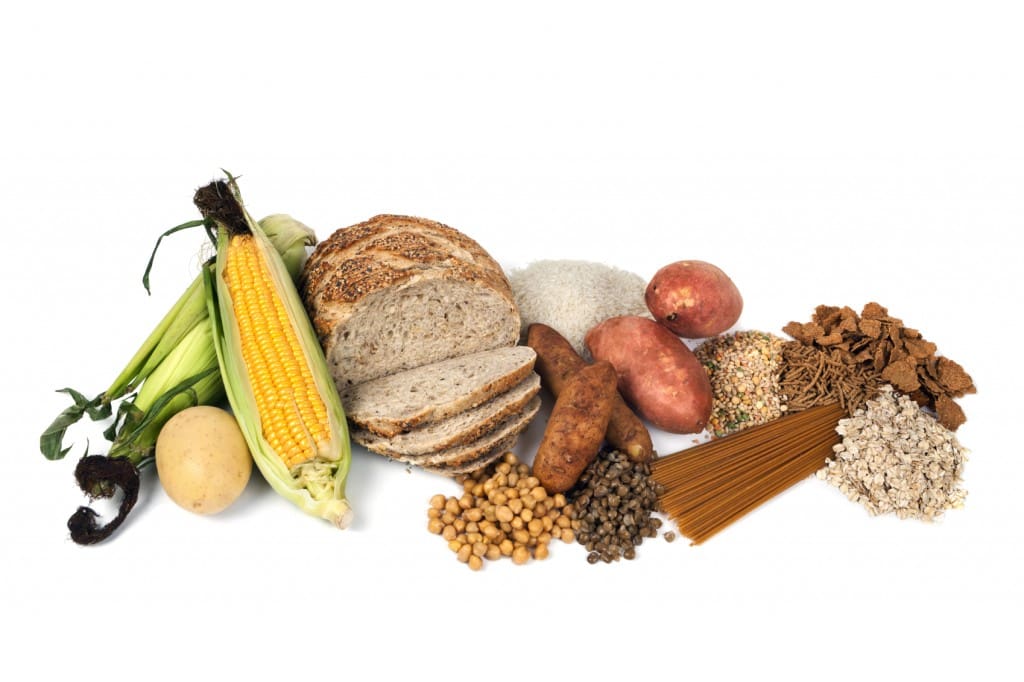
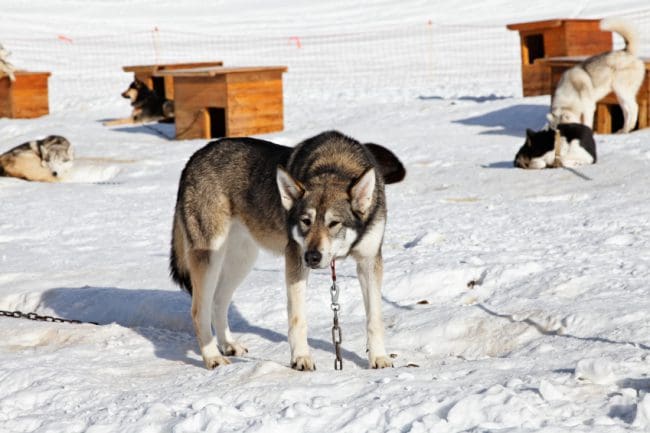
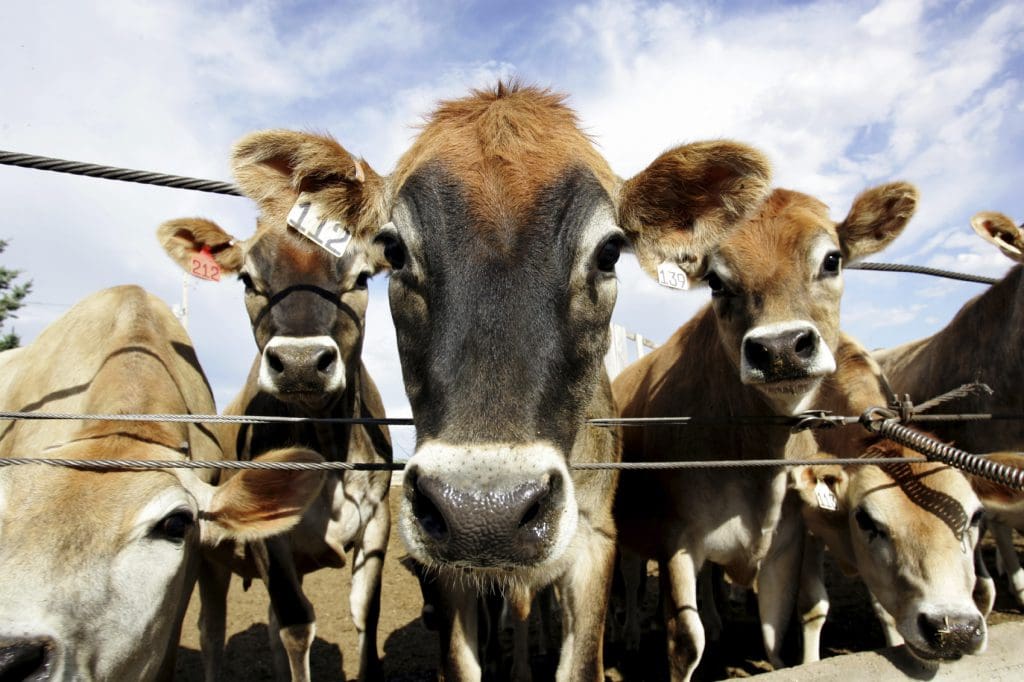

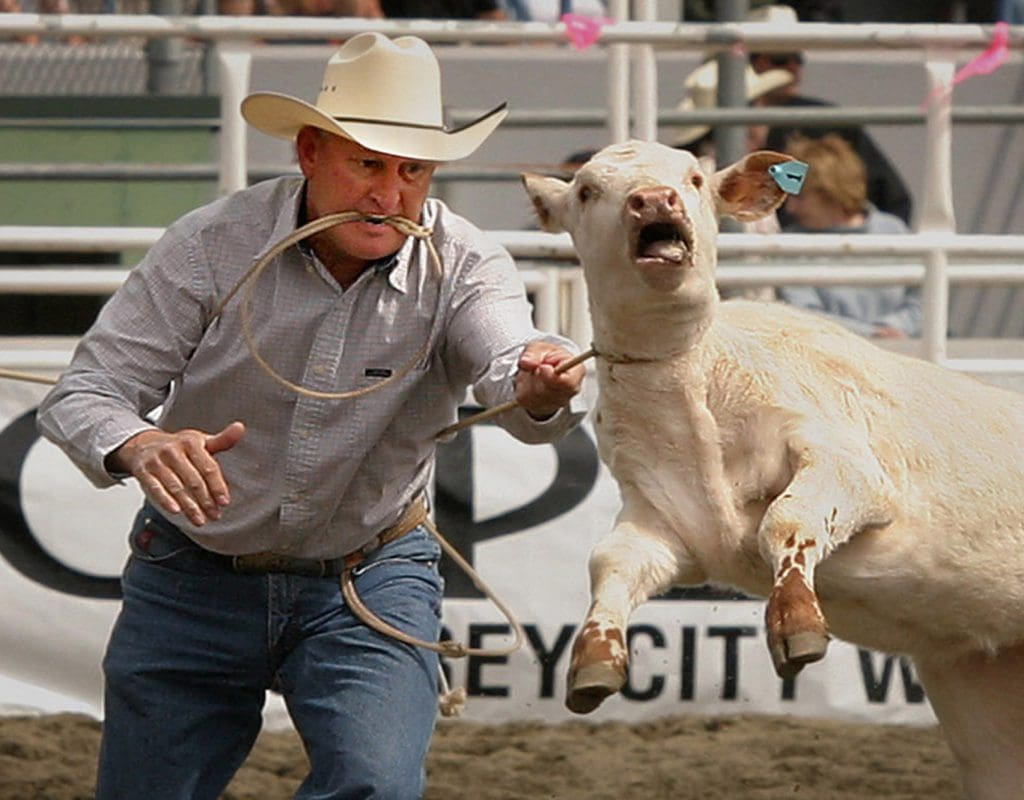
 VHS is joining the call for CBS to end the use of wild animals in the filming of its show “Zoo”. The Vancouver-shot series is based on James Patterson’s 2012 novel by the same name and is a thriller about a zoologist’s investigation into a wave of violent animal attacks against humans around the world.
VHS is joining the call for CBS to end the use of wild animals in the filming of its show “Zoo”. The Vancouver-shot series is based on James Patterson’s 2012 novel by the same name and is a thriller about a zoologist’s investigation into a wave of violent animal attacks against humans around the world.